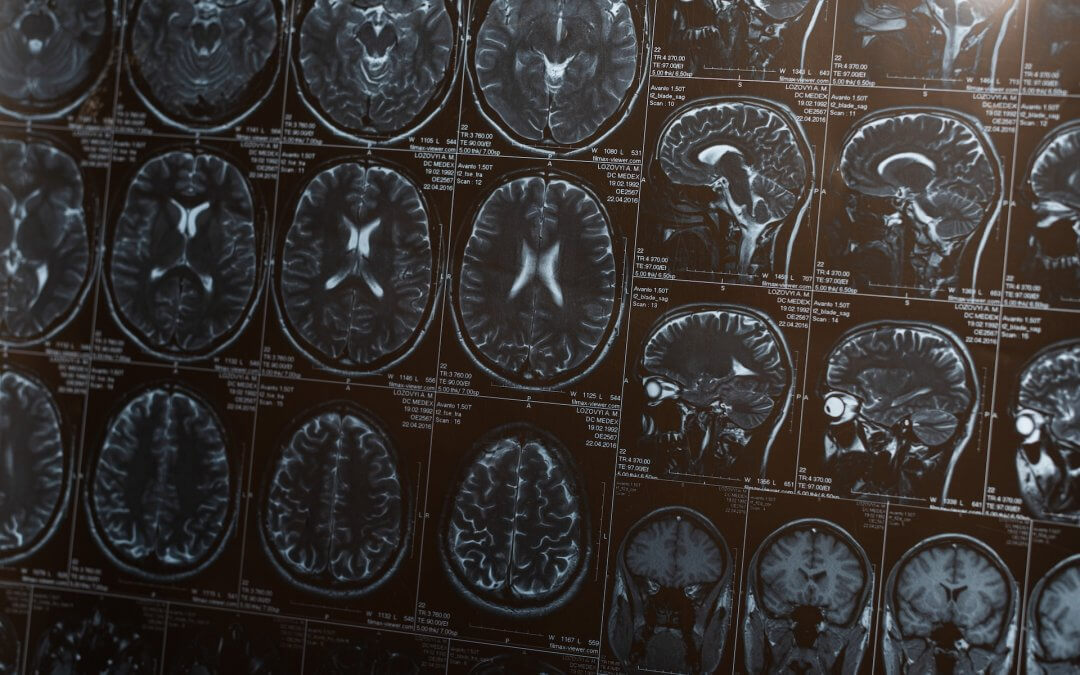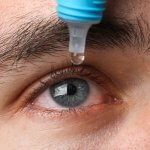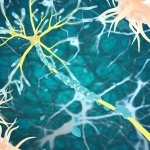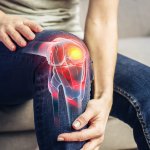There’s exciting news from the University of Galway, where researchers are developing a new technique that they hope will improve the viability of stem cell treatments for Parkinson’s disease.
The pioneering method, which involves the use of a substance called hydrogel, could revolutionise the way stem cell treatments for Parkinson’s disease are carried out, making them more effective and less prone to failure.
Parkinson’s disease is a neurological condition affecting around 150,000 people in the UK. [1]
The condition, which is caused by a lack of dopamine in the brain, manifests in severe ways with symptoms including tremors, muscle rigidity and slowness of movement. [2]
Unfortunately, Parkinson’s is degenerative, meaning that it gets worse over time. It can make people who live with the condition more vulnerable to poor health and disability, which can end up having fatal repercussions in some cases.
The degeneration of nerve cells in the brain is what results in the underproduction of dopamine. The aim of recent stem cell research has been to find a way of repairing and replacing these cells through the use of induced stem cells.
These induced stem cells are harvested from different areas of the body, such as skin, and then reprogrammed to become the type of cells necessary for brain repair.
However, these cells require transplantation at a very early stage of their development into brain cells and once transplanted, many of them do not end up converting.
What researchers at the University of Galway have discovered is that by transplanting these induced stem cells in a collagen hydrogel, effectively a water-based scaffold, significantly improves the chances of the stem cells both surviving and then differentiating into the cells necessary for therapy. [3]
With funding from the Michael J. Fox Foundation for Parkinson’s Research (MJFF), the study’s findings were published in the Journal of Neural Engineering and have been met with widespread acclaim.
The research is ongoing, but the team at the University of Galway and MJFF hope that this new transplantation technique will significantly improve outcomes for sufferers of Parkinson’s disease.
If you want to learn more about how you could give your baby access to future stem cell therapies, download our FREE Welcome Pack below.
References
FIND OUT MORE, REQUEST YOUR WELCOME PACK TODAY
All you need to know to make an informed decision.
Provide your contact details to request:
– Complete Welcome Pack and Parent’s Guide
– Information via email
– Contact from our specialist advisors








